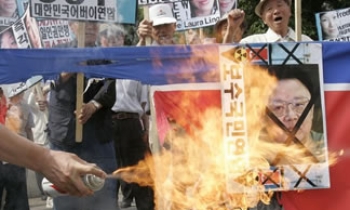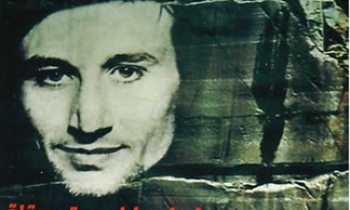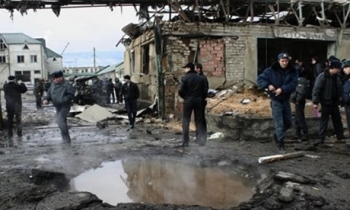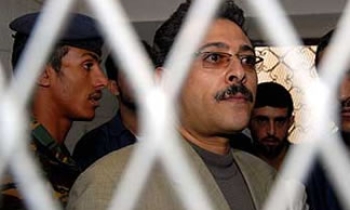Suppression of press freedom in Africa has been widespread particularly in the last year. The continued detention of and relentless attacks on journalists by governments continues to be a problem in numerous African states.
From Eritrea in the East of the continent to Sierra Leone in the West, Zimbabwe in the South and Egypt in the North, stories of imprisonment, harassment and even killings continue to plague the press fraternity.
According to the Committee to Protect Journalists (CPJ), an independent, non-profit organisation dedicated to defending press freedom worldwide, out of the four countries who jailed the most journalists in 2005, two of them were African states, namely Ethiopia and Eritrea.
In Ethiopia, 2006 has not fared better as at least five journalists have been sentenced to jail, some without any charges.
As charges of defamation continue to plague the press in the Democratic Republic of Congo, even South Africa, which is widely looked upon as one of the few African states that protects and respects the rights associated with a functioning democracy found itself in hot water when newspapers were legally barred from publishing the notorious Prophet Mohammed cartoons earlier this year.
As the world commemorates World Press Freedom Day today, the question that Africans are asking themselves is do we really have anything to celebrate?’
In a media poll released yesterday, Nigerians and Egyptians indicated high levels of trust and confidence in the media with 75% of the Nigerians surveyed having the view that there is too much government interference in the media, with the percentage being 49% in Egypt.
47% of the Nigerians polled and 41% of the Egyptians polled believed that journalists were able to report news freely.
Professor Kwame Karikari, Executive Director of the Media Foundation for West Africa in a lecture last week said that the libel laws in many African countries were severely threatening media freedom on the continent. Over and above these draconinan laws, Karikari said "some countries also had legislation such as high registration fees, imposition of special taxes on media by governments, restriction in providing the media with advertisement and other economic pressures such as poor market access," which also adversely affected the freedom and operation of most media.
The obvious lack, and perceived lack, of media freedom continues to push non-governmental organisations and media organisations to apply pressure on unrelenting government on the continent.
Organisations like the CPJ, and regional bodies such as the Ghana Journalists Association, Freedom of Expression Institute and the South African National Editor’s Forum (SANEF) continue to press for the freedom in the media.
SANEF, in a campaign launched today, has stated that its key message for 2006 is key "The media are your eyes and ears on the world. Insist on media freedom because it's your freedom."









